Blogs
-
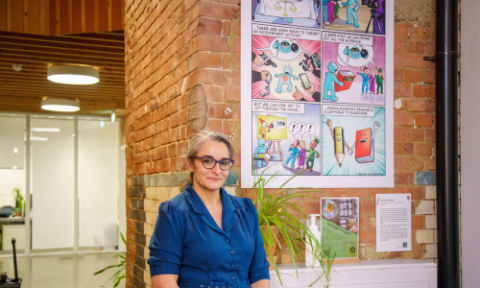
FASS Academics use Art for a Better World
A collaboration between academics, artists and NGOs, Art for a Better World uses visual arts to make research about global social challenges accessible to general audiences.
24th November 2024 -
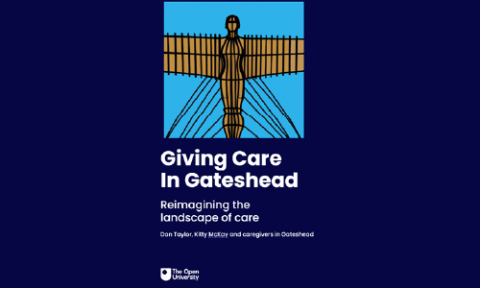
Giving Care in Gateshead: GCSJ-backed film and research
Unpaid care is a social and political issue, and to some extent even a question of social justice. Since late 2022, Dan Taylor has been working on a UKRI-backed knowledge exchange project in Gateshead, a town in North-East England, to understand how unpaid caregivers can be better supported and enabled to thrive.
15th November 2023 -
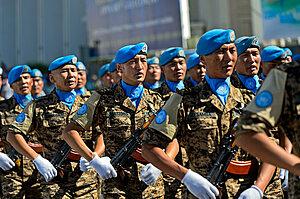
What is the future of UN peace operations?
What is the future of UN peace operations and what new research approaches should scholars take to both understand and influence their evolution? These were the central questions academics explored during a two-day international conference entitled Multidisciplinary futures of United Nations peace operations on 20 and 21 February 2023.
28th March 2023 -
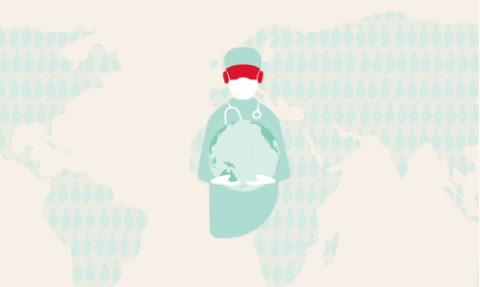
Honouring Our Migrant Health Care Workers
The majority of migrant health care workers across the world are women. Many migrant workers leave their own families behind in order to deliver vital care to others abroad. They provide invaluable services to our health systems, yet they are invisible in terms of rights.
18th December 2022 -
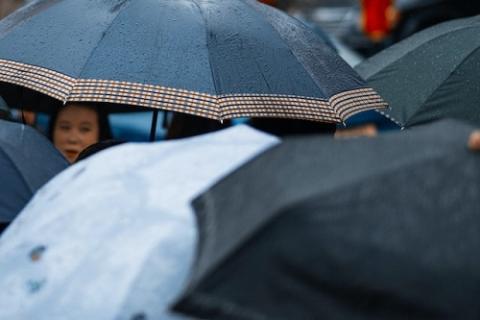
The Welsh Government basic income pilot and progressive universalism
In July 2022, the Welsh Government launched the basic income pilot for people leaving care in Wales. This pilot will add to debates about a universal basic income. A universal basic income is an old idea and can be traced back at least to works such as Thomas More’s Utopia published around 500 years ago.
11th October 2022 -
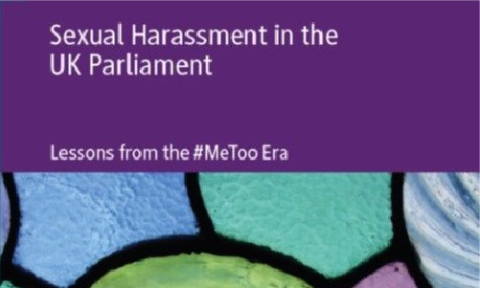
New book on Sexual Harassment in the UK Parliament: Lessons from the #MeToo Era
Sexual misconduct at the core of Britain’s political establishment is the focus of a new book on Sexual Harassment in the UK Parliament, which draws on an intersectional feminist perspective and academic literature on Violence Against Women in Politics (VAWP) to examine the plight of female victims of sexual transgressions in Westminster.
1st July 2022 -
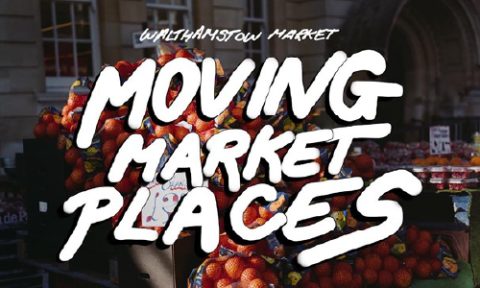
Moving MarketPlaces: The Open University collaborating on exhibition at Walthamstow Market (East London)
Over the last three years the Moving MarketPlaces (MMP) project has been investigating how market traders in England produce inclusive public spaces. The team at The Open University organised a public exhibition at Walthamstow Market with two street photographers, Lourice Ramos and Lloyd Ramos.
27th June 2022 -

Processes and practices of ordering
Processes of citizenship are linked to the norms and patterns of social order, as discussed by Catherine Neveu. It may be productive to reframe issues in terms of processes and practices of ordering.
7th June 2022 -
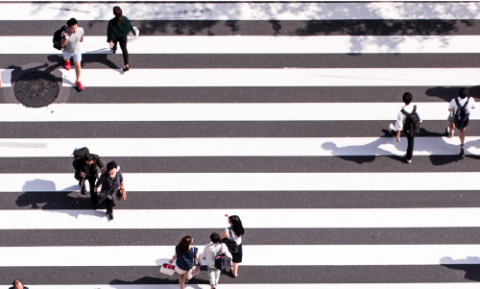
Reflexions on ‘ordinary’ citizenship
Looking at citizenship as a ‘living’ practice can show us how citizens themselves construct the concept of citizenship and how they negotiate, contest, claim and enact their positions as rights bearers vis-à-vis others.
31st May 2022 -
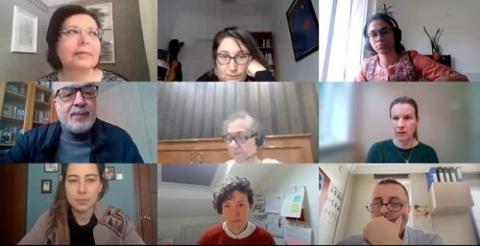
A new research collaboration is established under the School of Social Sciences and Global Studies
Why do some developing economies have gender gaps in the movement of labour from agriculture to non-agricultural sectors? Looking at India, Pakistan, Bangladesh, Turkey, Egypt and Morocco, a research network aims to find answers.
23rd May 2022
